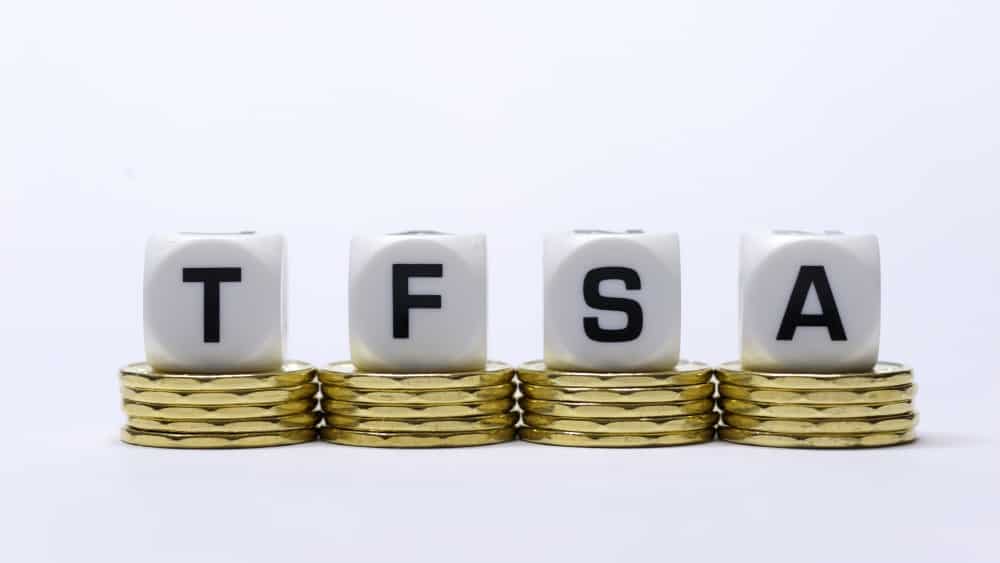Canadians’ rising interest in dividend stocks in 2021 is an offshoot of the COVID-induced recession. People are beginning to see the importance of saving and investing to ensure financial well-being during a crisis. Also, investors have buying opportunities on the TSX to realize the power of dividends.
However, dividends are subject to tax. Fortunately, the Canada Revenue Agency (CRA) extends a tax break or a dividend tax credit (DTC) on dividends paid on Canadian stocks held in non-registered accounts. The DTC is most welcome because it’s lower than capital gains tax.
Within the Canadian DTC are two tax credits. The first is federal, while the other is provincial. The latter varies and depends on where you live in Canada. While it cuts your effective tax rate, it lessens your overall dividend earnings when you pay the DTC.
Zero taxes on dividends
Canadians have one simple way to earn tax-free dividends or pay zero taxes on dividend income. Hold your dividend stocks in a Tax-Free Savings Account (TFSA). A TFSA is a registered account like the Registered Retirement Savings Plan (RRSP) and the Registered Retirement Income Fund (RRIF).
The best advantage with the TFSA is that you don’t have to pay taxes at all on interest, gains, and dividends. Hence, money growth is tax-free, and withdrawals aren’t subject to tax either. The TFSA is perfect when you’re saving to meet short-term or long-term goals. Unlike the RRSP, you can maintain it past age 71 and not worry about maturity. However, you must be 18 years old to open a TFSA.
Registered versus non-registered accounts
In a non-registered account, investment income is taxable, but withdrawals are not. Besides the tax component, there’s no limit; you can save as much as you want in non-registered accounts. For savvy dividend investors, they are helpful when you have maxed out the TFSA or RRSP contribution limits for the year. Like the TFSA, it’s a viable option if you’re more than 71 years old.
Quality of dividends
Smart TFSA investors will not choose based on yields alone. They also determine the quality of dividends. Often, high yields mean higher risks. Avoid dividend traps as much as possible. Companies that can’t sustain the dividends will either slash the yield or stop the payouts altogether.
One outstanding retailer stock with a wide MOAT is the North West Company (TSX:NWC). The $1.70 billion company from Winnipeg, Canada, pays a decent and safe 4.16% dividend. Its long experience (353 years) in the retailing industry gives it the edge when it comes to dividend stability. Believe it or not, the total return of this consumer-defensive stock in the last 20 years is 6,342.66% (23.13% compound annual growth rate).
The North West Company caters to customers in the underserved rural communities and hard-to-reach places and is therefore a captured market. Its coverage area include northern and western Canada, rural Alaska, the South Pacific Islands, and the Caribbean.
Don’t break the rules
TFSA users shouldn’t be paying taxes at all. The investment account was introduced in 2009 to encourage Canadians to develop the habit of saving and investing. Furthermore, the CRA has no business collecting taxes on your TFSA. If they do, it means you’re over-contributing, holding foreign assets, or carrying on a business within the account.








